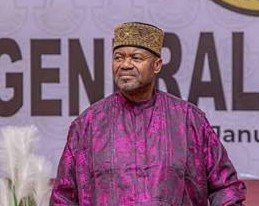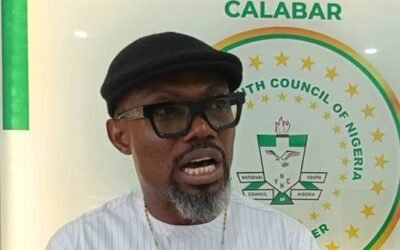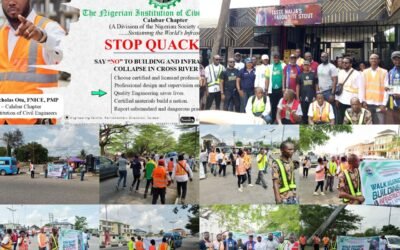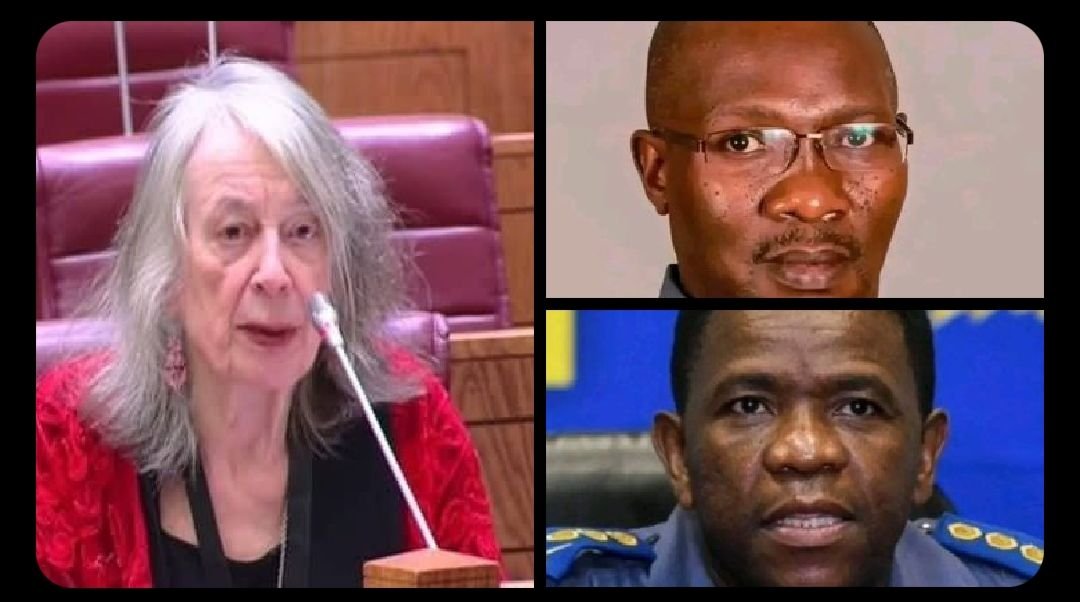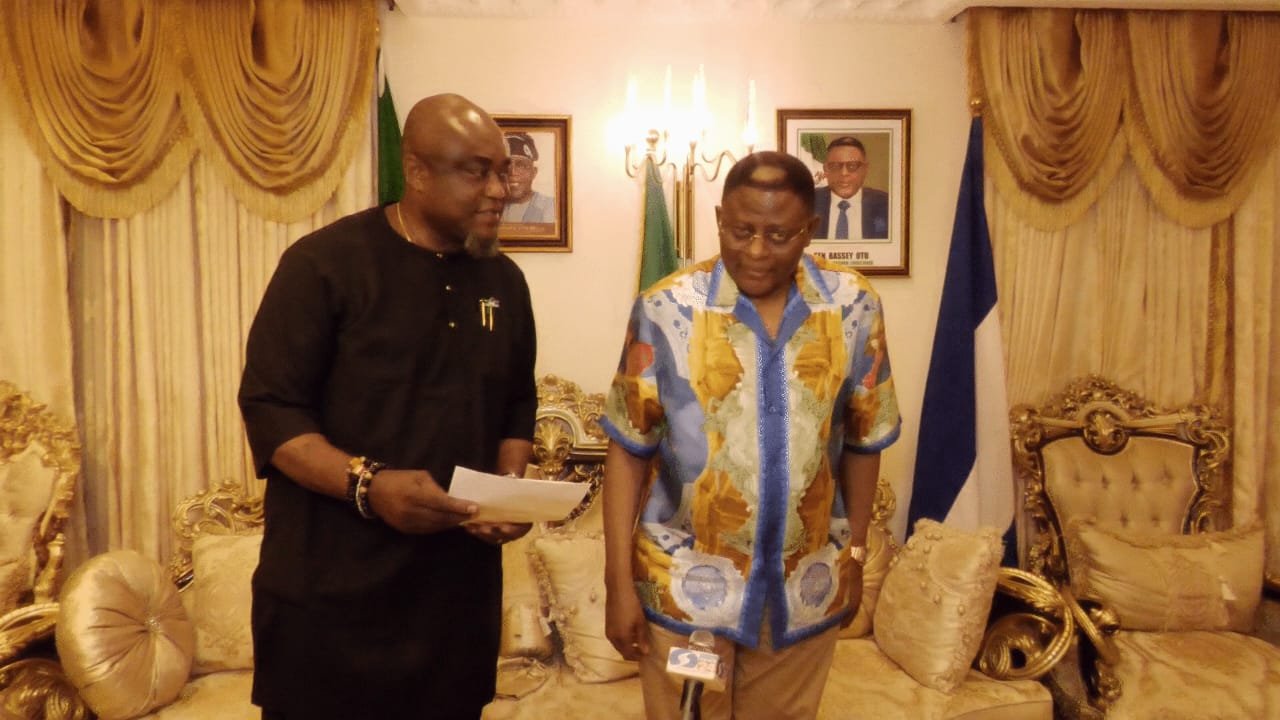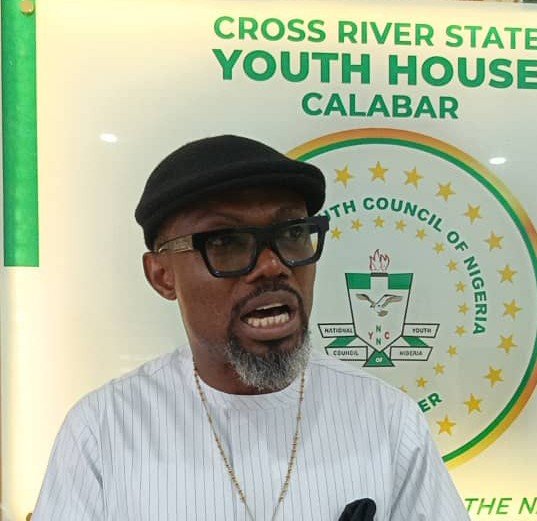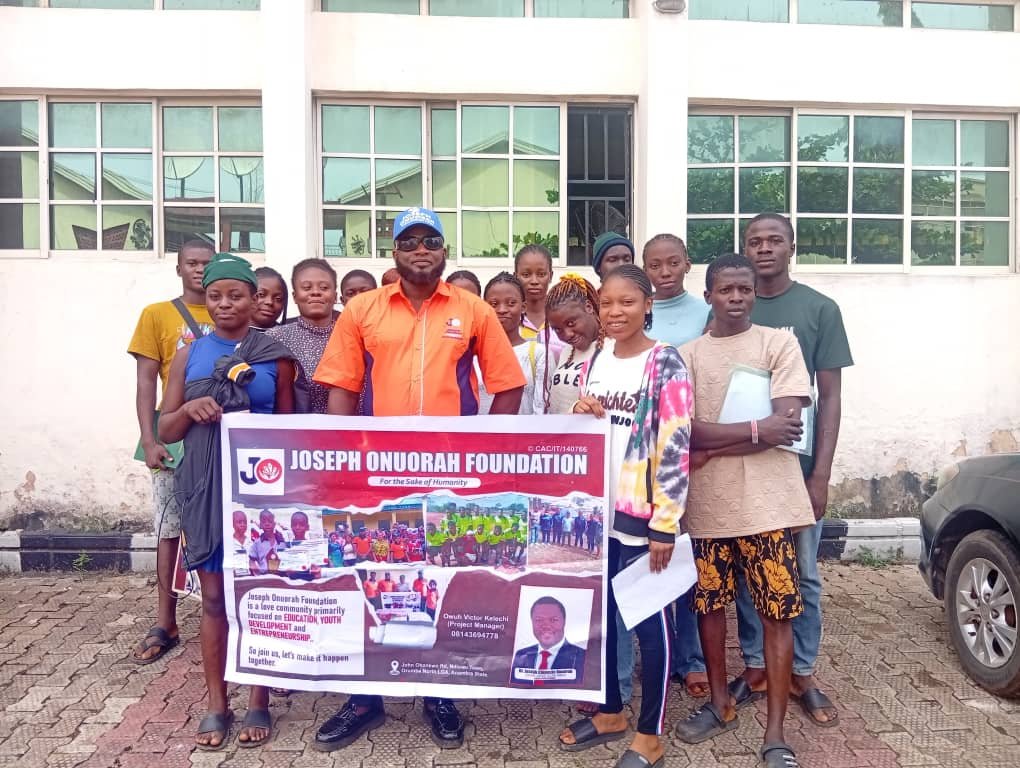Prominent violence monitor and human rights academic Dr Mary de Haas has delivered hard-hitting testimony before a parliamentary ad hoc committee, sharply questioning the credibility of KwaZulu‑Natal Police Commissioner Lt‑General Nhlanhla Mkhwanazi and Crime Intelligence head Lt‑General Dumisani Khumalo.
During her appearance, De Haas told MPs she “does not believe” Mkhwanazi is a credible police leader, and said Khumalo is “definitely not” credible.
Her criticisms come amid a sweeping inquiry into the now‑disbanded Political Killings Task Team (PKTT), which was tasked with investigating politically motivated murders. De Haas was among those who had long called for the unit’s disbandment, labelling it improperly constituted and mismanaged.
She accused the PKTT of abusing its powers citing reports from community members of warrantless phone seizures, emotional and physical mistreatment, and even evidence fabrication. Moreover, De Haas questioned Khumalo’s qualification to lead such a specialised investigative team, arguing he was not a trained detective despite his dual role in Crime Intelligence.
READ ALSO: Pope list Nigeria among countries facing Christian genocide
De Haas also raised the alarm about political interference, suggesting that too few senior detectives oversaw the PKTT, and that its operations extended outside its stated mandate.
In a separate strand of her testimony, De Haas accused Mkhwanazi of failing to act during the July 2021 unrest in KwaZulu‑Natal saying he was largely absent, with his phone off, when the province was “burning.”
Her refusal to name sources for her claims sparked frustration in the committee. De Haas defended her decision, saying she had given her contacts assurances of confidentiality due to fear for their safety.
Critics on the committee were not shy to push back. Some MPs described her testimony as “unreliable” and based on hearsay. And while she made serious allegations including that National Police Commissioner Fannie Masemola may have committed perjury, she later retracted a few statements after being challenged.
De Haas’s testimony underscores mounting pressure on senior SAPS leadership at a time when trust in the police force is under intense scrutiny. Her remarks are likely to fuel calls for transparency and accountability especially as South Africa continues to grapple with politically charged violence and institutional reform.
